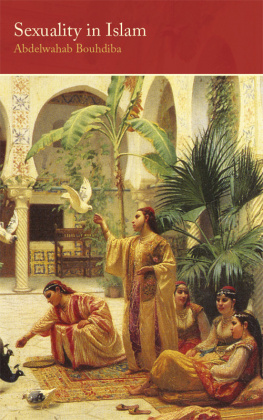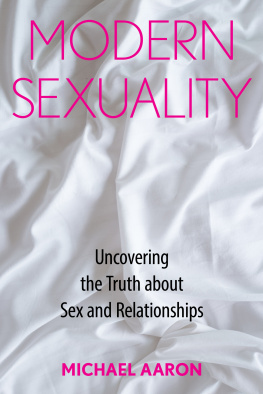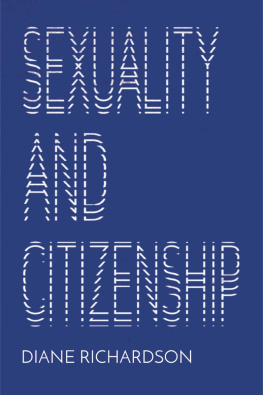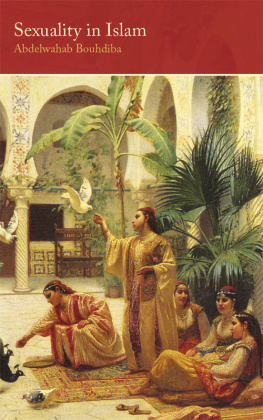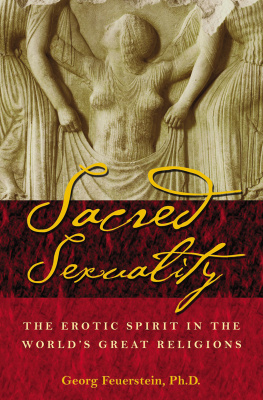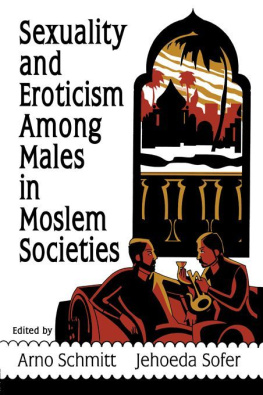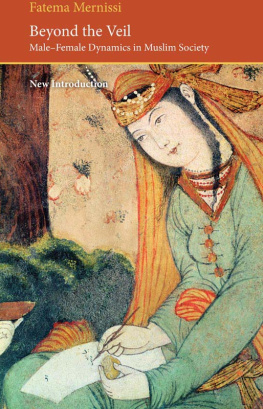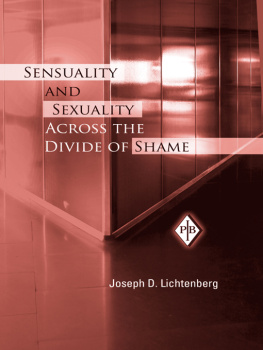SEXUALITY IN ISLAM
Abdelwahab Bouhdiba
SEXUALITY IN ISLAM
Translated from the French by
Alan Sheridan
SAQI
eISBN 978-0-86356-866-4
First published as La sexualit en Islam
by Presses Universitaires de France, 1975
Presses Universitaires de France, 1975
This translation Saqi Books, 2004 and 2012
First English edition published 2004 by Saqi Books
This eBook edition published 2012
All rights reserved. No part of this book may be reproduced or transmitted in any form or by any means, electronic or mechanical, including photocopying, recording or by any information storage and retrieval system, without permission in writing from the publisher.
This book is sold subject to the condition that it shall not, by way of trade or otherwise, be lent, re-sold, hired out, or otherwise circulated without the publishers prior consent in any form of binding or cover other than that in which it is published and without a similar condition including this condition being imposed on the subsequent purchaser.
A full CIP record for this book is available from the British Library.
A full CIP record for this book is available from the Library of Congress.
Printed and bound by CPI Mackays, Chatham, ME5 8TD
SAQI
26 Westbourne Grove, London W2 5RH
www.saqibooks.com
Contents
Preface
This book is an attempt to think through the mutual relationship of the sexual and the sacral within the Arabo-Muslim societies. In pursuing this I am not following fashion. The dialectic of sexual ecstasy and religious faith, which is coextensive in the human being, is unaffected by variations of a socio-economic kind.
Indeed one is struck by the way in which sexual and religious behaviour all too often assumes the character of a flight from the modern world. Without wishing to overdramatize a situation that is already disturbing enough, it would certainly be true to say that the crisis of faith is not unconnected with the crisis of consciousness that affects modern society. For a balanced society produces a balanced sexuality and not the reverse! Now the Islamic model is offered as a harmonious synthesis and a permanent adjustment of sexual ecstasy and religious faith. But has this synthesis ever been achieved except in theory? Is it not rather a regulatory harmony, a norm to be attained rather than a practical model? These are some of the questions that I raise and hope to resolve in this book.
Situating sexuality in the Arabo-Muslim societies involved at the outset the drawing up of a sort of inventory. As I pursued my research I tried to understand the place and function of sexuality in our society past and present. From the Quran to the agony columns of womens magazines there is no shortage of evidence. There is a remarkable continuity both in the problems that arise and in the positions defended.
Of course, in a totalizing society like ours, the impact of Islam could not fail to be world-wide. Islamic ethics are certainly at the centre of discussion. Rediscovering the meaning of things also involves questioning the functions attributed to the sacred and the sexual in a particular civilization. And it is not so much a question of showing that the sexual is in essence sacral or that the sacred is sexual in origin as of establishing the ways and means by which the social may profit both from the majesty of the sacred and from the power of the libido. Islam in no way tries to depreciate, still less to deny, the sexual. On the contrary, it attributes a sublime significance to the sexual and invests it with such a transcendental quality that any trace of guilt is removed from it. Taken up in this way sexuality flows freely and joyfully. Sexuality is the reference and its content is a full positivity. Islamic life becomes an alteration and complementarity of the invocation of the divine Word and the exercise of physical love. The dialogue with Being and the dialogue of the sexes punctuate our daily lives. The social becomes a permanent attempt to integrate the religious and the sexual. What history reveals, then, is a three-term dialectic. In no way does this prevent economic and cultural factors from interfering with domestic ethics and from inflecting both the religious and the sexual in the direction of the survival of the group.
There are no isolated sociological sequences. The phenomena are to be found in every century and every section of society; they are total, both social and psychological. An understanding of the sexual and the religious involves something beyond the phenomenon that only an interdisciplinary approach can grasp. The investigation then becomes a mobilization of all the resources of knowledge and research. So ambitious a programme requires indulgence and modesty.
One must set out from the Quran. It is the revealed source: the primary source, chronologically and ontologically, and the ultimate source for the Muslim consciousness. My first task was to disentangle the place of sexuality in the traditional Islamic view of the world, at least in so far as it is revealed in Scripture. I tried to clarify the ethics inherent in the fiqh and in Islamic thought. The traditional idea of Eros cannot but be compared with actual experience and behaviour. The aim of the second part of this book is to locate everyday life in the great economic, social, cultural and political axes on which this Weltanschauung is based, to elucidate certain processes of socialization and counter-socialization of the Islamic Eros and faith. All research is a gamble. This research is an adventure and a process. But will man on the inside be forgiven for objectifying a collective subjectivity in the light of which he could not but engage his own subjectivity?
PART I
The Islamic view of sexuality
Tradition is a permanent element in the basic Arabo-Muslim personality. Quran, hadiths and fiqh are pre-eminently the invariants. Their value lies not so much in their historical import as in their revealed character. They are Revelation, that is to say, uncreated, eternal discourse. Even if Revelation is situated here and now, the content is perceived as an eternal and extra-temporal message. It lays down the model that God has chosen for his community; and this divine choice cannot undergo change. That is the basic intuition on the basis of which tradition proposes series of stereotyped forms of behaviour that at any given moment must be restored at least as far as possible in their entirety and in their original purity. The Quran is the divine Word, kalmu Allah, the universal logos, pure idea. The Sunna of the Prophet is the practical model, the ideal behaviour that conforms to the sacred Word; behaviour embodied in a living being, of course, but which, though historical, is nevertheless the privileged echo of transcendence. In Islam, tradition is an ideal cultural set of rules. To conform to them strictly ensures that we are in the ways of God. Departure from them is tantamount to straying into error. Islam is essentially an orthodoxy. Hence the continual, regressive temptation of fundamentalism.
Of course one will find in the Sacred Texts innumerable passages marked by an indubitably historical and existential will. Nevertheless the dominant tendency bears the mark of the eternal. The great debate between the ancient and the modern, the qadm and the jadd, is at the very heart of Islam: Among the Arabs the qadm, so vilified by the advocates of jadd, might be another name for the organic. The traditionalists like to oppose living tradition to rotten tradition. Let us define

